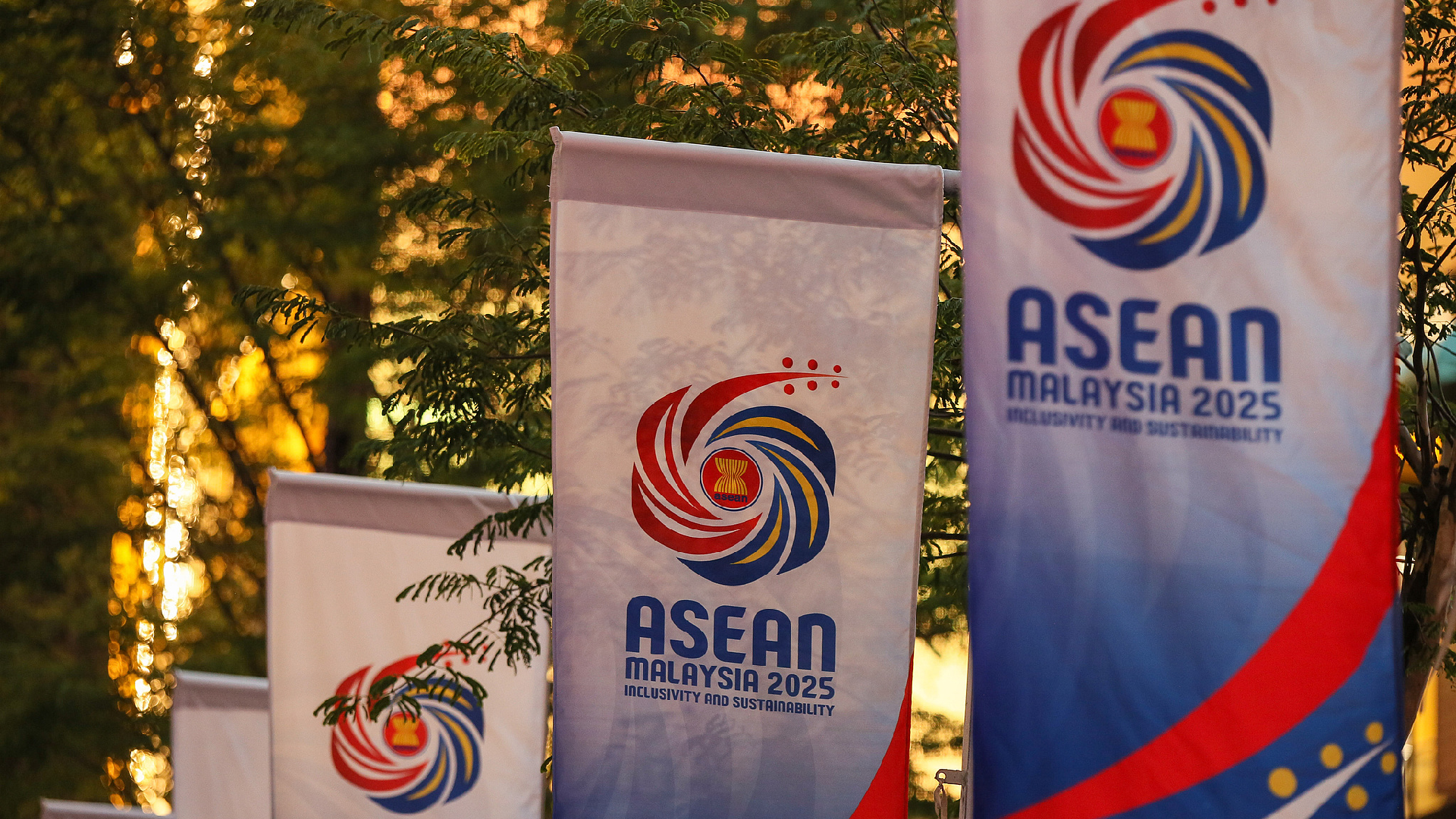Chinese Premier Delivers Keynote Speech at ASEAN-China-GCC Summit Highlighting Regional Cooperation
Chinese Premier emphasizes strengthened regional cooperation at ASEAN-China-GCC Summit

Chinese Premier Li Qiang delivered a comprehensive address Tuesday at the inaugural ASEAN-China-GCC Summit held in Kuala Lumpur, setting forth an ambitious vision for strengthened trilateral collaboration among China, Southeast Asia, and Gulf states. The summit, hosted by Malaysian Prime Minister Dato' Seri Anwar Ibrahim, marks a significant milestone in efforts to deepen economic and cultural ties across a region home to a substantial portion of the world’s population and economic output.
In his remarks, Premier Li underscored the historic legacy of cooperation connecting the peoples of China, ASEAN, and the GCC, noting that the ancient Silk Road and, more recently, the Belt and Road Initiative had laid the groundwork for today’s partnership. He emphasized that, amid global uncertainties and sluggish growth, the establishment of a formalized ASEAN-China-GCC summit would not only facilitate dialogue but also serve as a “groundbreaking initiative” for regional stability and economic prosperity. Drawing a symbolic triangle between China, ASEAN, and the GCC on the world map, he highlighted that such a structure—known for its stability—embodies the potential strength of their combined efforts.
Li called for the three blocs to set a global example of openness and regional integration, referencing the completion of China-ASEAN Free Trade Area 3.0 upgrade negotiations, and expressing hope for the timely conclusion of a China-GCC Free Trade Agreement. He said that fully connected markets would unlock vast potential for development and create substantial economies of scale, urging participants to support trade and investment liberalization to “fully unlock the huge potential of open development.”
Highlighting the differences in development stages among member states as opportunities rather than hurdles, Premier Li advocated for transforming these into complementary strengths. He reiterated China’s readiness to work with ASEAN and the GCC through increased coordination of development strategies and macroeconomic policies and called for deeper collaboration in industrial specialization. Such efforts, he argued, could create a new model for international industrial and economic cooperation, maximizing efficiency and shared benefits.
Premier Li paid particular attention to cultural exchange and inter-civilizational integration, stressing the importance of embracing diversity while upholding the “Asian values of peace, cooperation, openness, and inclusiveness.” He expressed strong support for the proposed Islam-Confucianism dialogue initiative, and pledged China’s assistance in implementing the Global Civilization Initiative aimed at strengthening mutual understanding among the diverse civilizations represented at the summit.
Concrete action was at the heart of the premier’s proposals, with priorities including enhanced connectivity in infrastructure and payment systems, the possible establishment of a regional business council, and the promotion of economic integration. In addition to bolstering traditional sectors like energy and agriculture, Li encouraged expanded cooperation in high-growth areas such as artificial intelligence, the digital economy, and green, low-carbon development. In a move to foster even closer people-to-people bonds, Premier Li announced the launch of an “ASEAN visa” offering five-year multiple-entry visas for business and other purposes, as well as a trial extension of unilateral visa-free status to several GCC countries, effectively granting visa-free access to all GCC nations.
Looking beyond regional cooperation, Li emphasized the importance of standing on the “right side of history” and supporting multilateralism, free trade, and a just global order. He called for trilateral unity in upholding the common interests of developing countries and in resisting hegemonism, stating that only through solidarity could the region embrace a ‘bright future’. He concluded with confidence that the partnerships forged at the summit would contribute meaningfully to peace and development both in Asia and globally.




